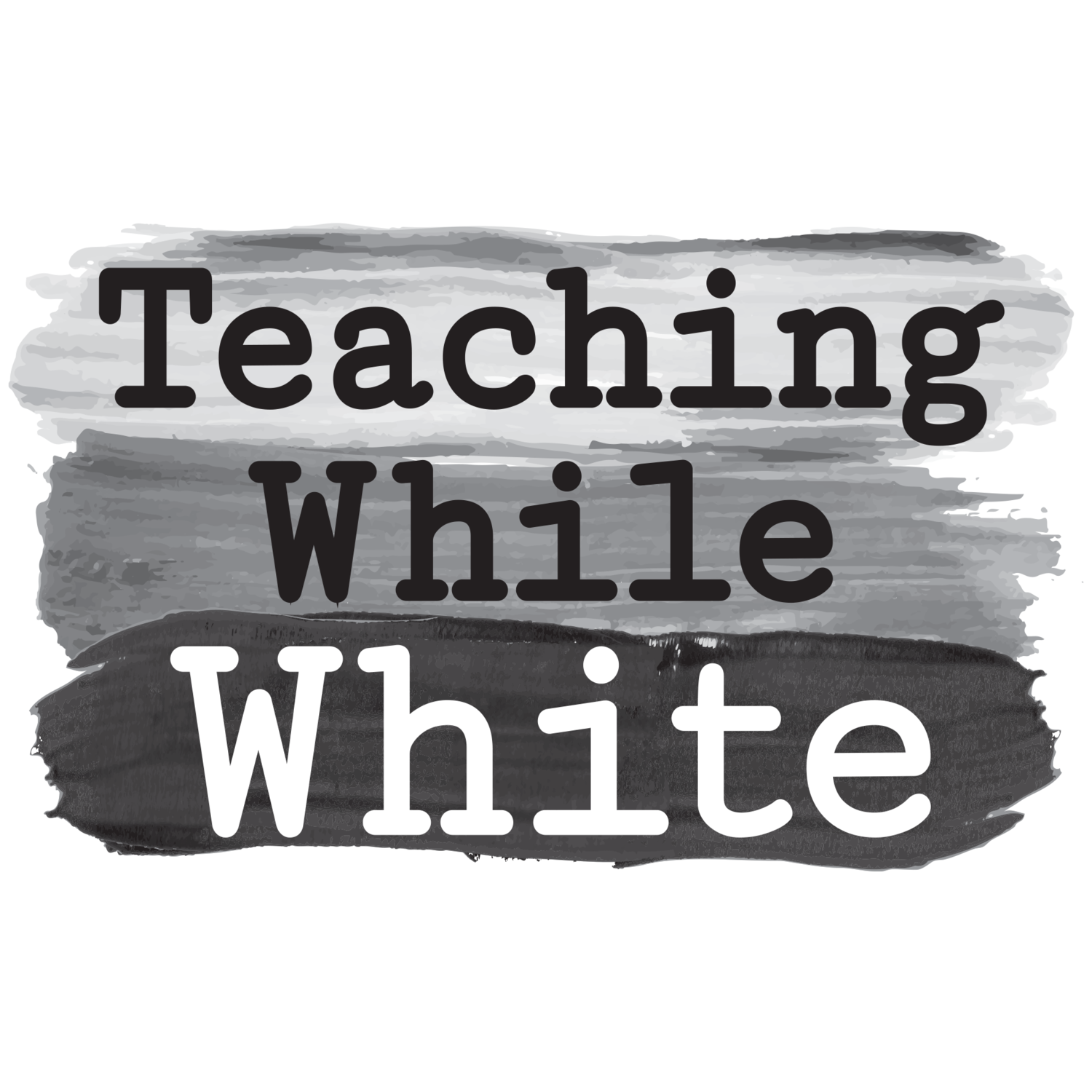Keep That Same Energy Going
Last spring, I read Hugh Vasquez’s essay, “What if We… Don’t Return to School as Usual.” His call is for all of us to return to school, but to do so as determined disrupters to the ongoing practice of educating for inequity. This directive strikes me now as such a prescient reflection of where we find ourselves today as we head deeper into the 2021-22 school year. As white teachers and leaders, we clearly need to focus on re-doubling our efforts to create the kind of antiracist teaching/learning environments that our students and colleagues deserve. Given the intense rounds of political and social challenges to racial equity — in a long history of such challenges — we have to recommit to disrupting education’s stubborn status quo, which has resisted the call to serve all children and that will continue on its inequitable path relentlessly unless we transform our practice.
But how do we make sure we transform our practice? As educators, how do we show up differently this year? What new behaviors do we bring to each day?
As an educator, I’m a big fan of goal setting via an inquiry process. But we need to make sure we’re setting goals that we can effectively reach. Early in my career, I used to create a laundry list of aspirational statements, usually five to seven, that I sent to my supervisor and that we would discuss for all of 10 minutes. Then, I would put the list away until the following summer when I would dust them off, revise a few, move some up or down the list, maybe eliminate one and add other — with the net result being that not much changed. Unfortunately, most teachers I talk with have had a similar experience with “goal setting” activities.
It turns out it’s really hard to make substantive change when you have five, six or seven major goals. But if you can prioritize two or three goals focused on being an antiracist educator — and sustain your commitment to meeting them throughout the year — you can channel your time and energy and make real progress on those priorities.
I’ve been practicing this process in recent years, starting by asking myself a set of core questions that will help guide me in my work. In particular, I focus on goals that will support excellent teaching and antiracism — or, what Gloria Ladson Billings calls “just good teaching!” This year, my focus is going to be on listening and responding to feedback in a way that will interrupt racist patterns that often emerge in school communities.
Here are my questions:
How will my students and colleagues observe shifts in my ability to listen and receive feedback?
What old patterns do I want to break? What new behaviors do I want to try on?
How will I know that my shifts in practice have been effective?
For example, I’m going to keep track of how long I talk during my classes and meetings. I want to make sure I’m listening more than I’m talking, and I want to be strategic when I do respond to ensure that I have something valuable to add. I’m also going to share these goals so people are aware of what I’m working on. By making my intentions explicit, I’ll have a much better chance of changing my behavior.
I’m going to change up the way I get feedback so it’s more frequent and also commit to sharing the feedback and talking about shifts I might make based on it: “Here’s what I heard. Did I get that right? Here’s what I’m thinking. How does that sound? Am I missing anything?”
In my coaching practice, I’m working with a group of white teachers who have set the following questions as their guides for the year:
What price do we pay as white teachers if we replicate the myths and half-truths of our own schooling? What does that mean for our relationships with our students? With each other?
How can we ensure that all our students know who they are, their histories, and their role in building a community of empowered learners?
My fear for this school year is that we will succumb to business as usual. We can’t do that. In many ways, the stakes are now higher for white leaders and teachers than they’ve ever been. In the summer of 2020, as the nation faced calls for racial justice, those of us who are white educators were offered a grace period due to the unprecedented challenges of the pandemic. But now we know. We can’t pretend we aren’t aware or didn’t realize how racism had been impacting our schools. We can’t pretend that school as usual is OK. To create a climate of trust we have to show up differently in response to all we know and have learned over the past 18 months. We can’t repeat those patterns of the past that have sustained inequity and got us where we are. If we do, racism wins.
Last summer, many teachers were outraged, impassioned, motivated to adopt new strategies, and ready to make change. Now that we are we are actually back in schools with our students, we have to renew this energy and be ready to commit to our antiracist work in new ways. One way to do this is to create and share new goals and stay committed to them throughout the year. By doing so, we can build a sense of accomplishment, purpose, and resiliency that will enable us to keep fighting racism. If we stay the course, we change the system.
Elizabeth Denevi is the co-founder of Teaching While White.
